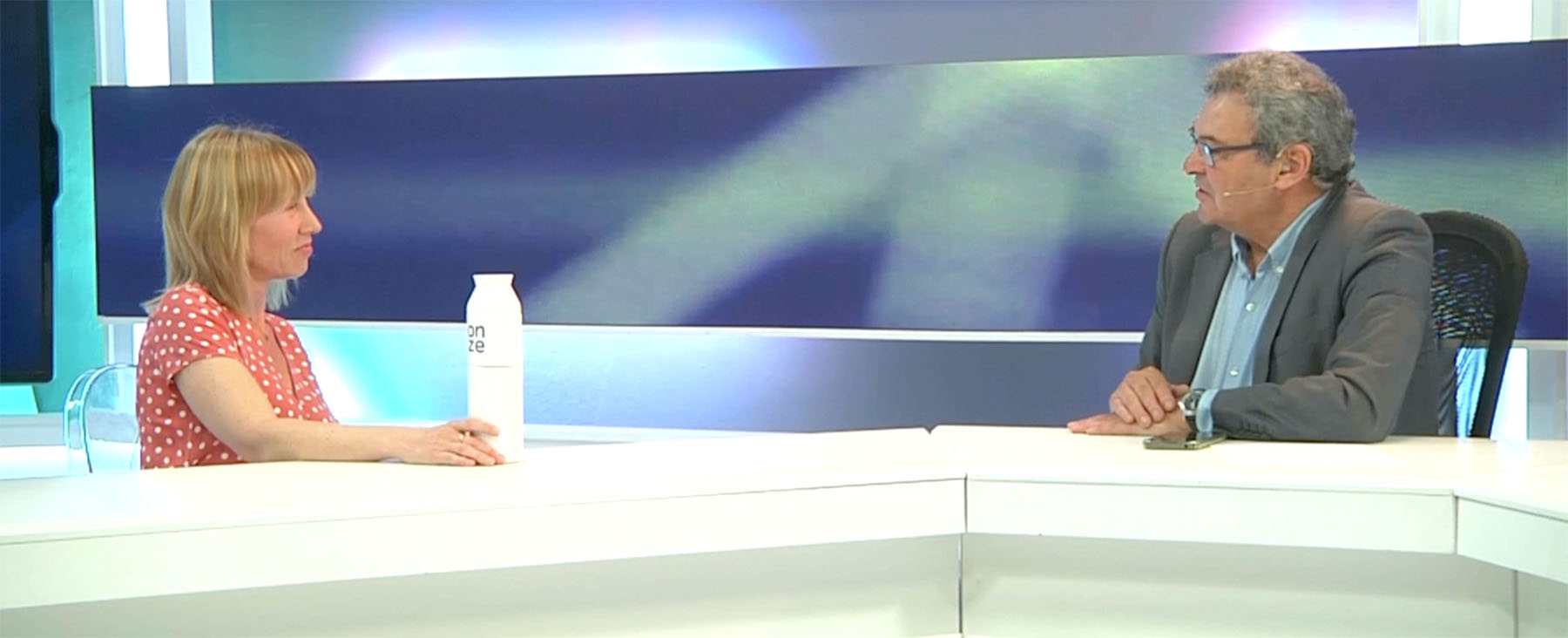

“We need to take action and stop buying plastic”
The environmental impact generated by the life cycle of plastic bottles can be reduced by recycling, but what if we eliminate the problem with small changes in our consumption habits? Sandra Molas, sales manager at 11Onze, suggests alternatives to make a plastic-free planet possible.
Scientists have discovered that even in the recently fallen snow in Antarctica, microplastics can be detected. As Molas states, “it literally rains plastic on us“. The problem of plastic pollution is directly proportional to the production and consumption of plastic products, “if we really care, we have to act and stop buying plastic,” Molas says.
In this sense, the global production of plastics has increased by 500% since the beginning of the 1980s, and every year some 300 million tonnes of plastic are produced worldwide, of which 8 million tonnes end up in the oceans.
Society has become aware of the problem, but as the sales manager explains, “our responsibility as individuals does not exempt administrations and companies from being the first to set an example“, and sufficiently strict legislation and regulations are needed to face the environmental challenges that arise.
Small changes that have a big impact
Even so, are we really aware of our contribution to the huge amounts of plastic waste generated each year, and how can we reduce our impact by making small changes to our consumption habits? As Molas states, “everyone can do a lot of things by themselves in a simple way”, for example “by putting a water filtering method at home“.
Bearing in mind that the consumption of bottled water for a family of four people is around 3,000 litres per year, with an annual expenditure of 1,000 euros on bottled water, which translates into 60 kg of plastic, small changes such as the use of a water filter, represent an option that is more respectful of the planet and that “also helps you to save”.
If you want to discover how to drink the best water, save money and help the planet, go to 11Onze Essentials.
Leave a Reply
You must be logged in to post a comment.
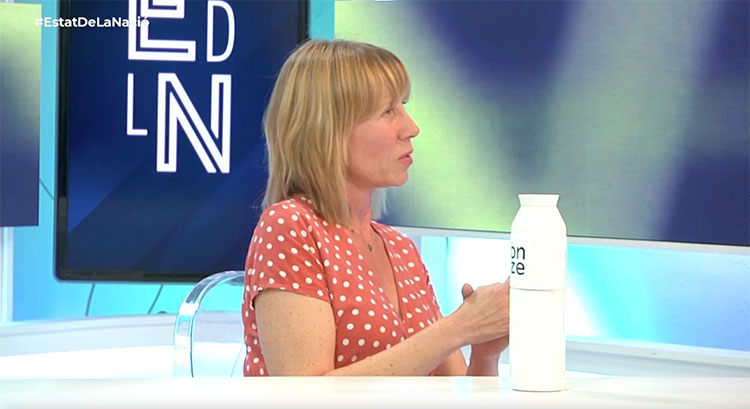
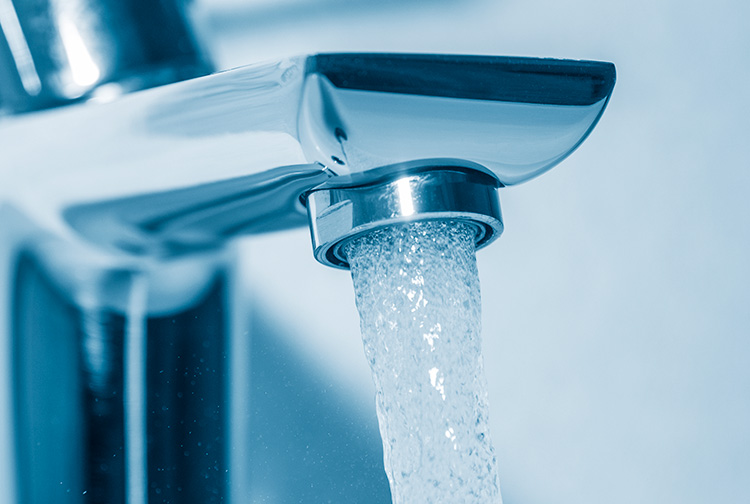
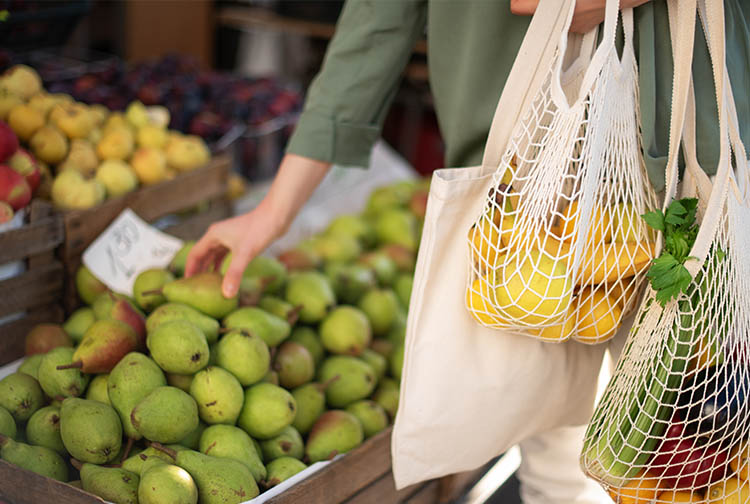
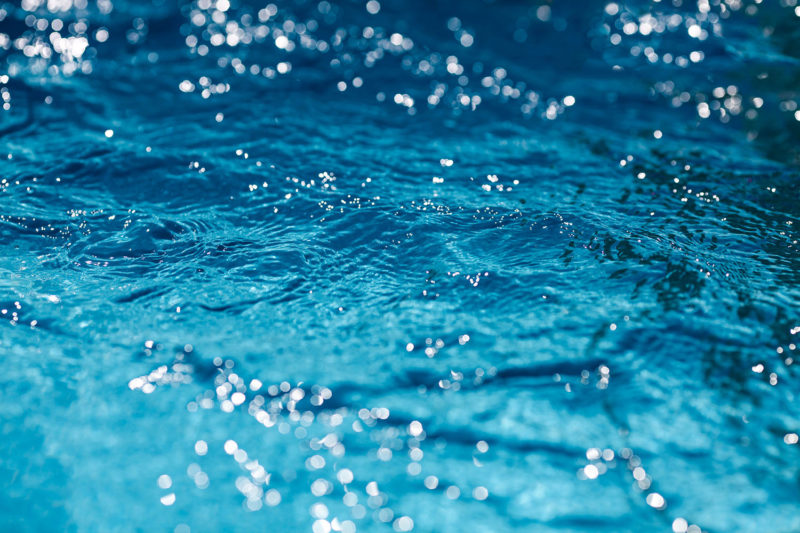


Doncs sí, cal conscienciar-se no sols individualment sinó que colectivament administrativament cal donar exemple. Ja fem tard.
Petits canvis…fer servir bosses compostables, comprar a pes. Posar el nostre gra de sorra per eliminar el gra de plàstic
Exacte 😀
una bona opció és tbé comprar tot a granel. costa una mica anar al mercat amb el tapper i les ampolles per els sabons i gels xò jo gairabé plàstic 0
Doncs sí, és una altra opció, però vols dir que existeixen gaires comerços a on encara facin vendes a granel? Moltes gràcies pel teu comentari, Carme!!!
També els governs haurien de parlar amb les empreses perque no facin servir envasos de plàstic.
Tens tota la raó, Jordi, és feina de tots.
Hem de començar a canviar d’hàbits, ens hi va la salut.
Exacte Manuel, si cada un de nosaltres canviem hàbits, l’impacte positiu pel planeta serà massiu.